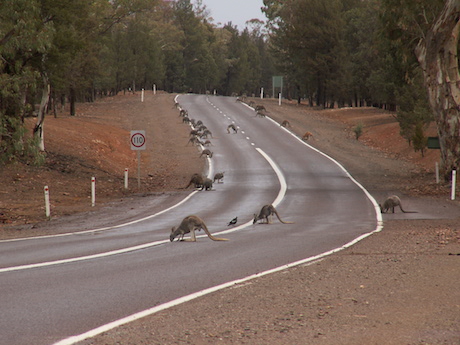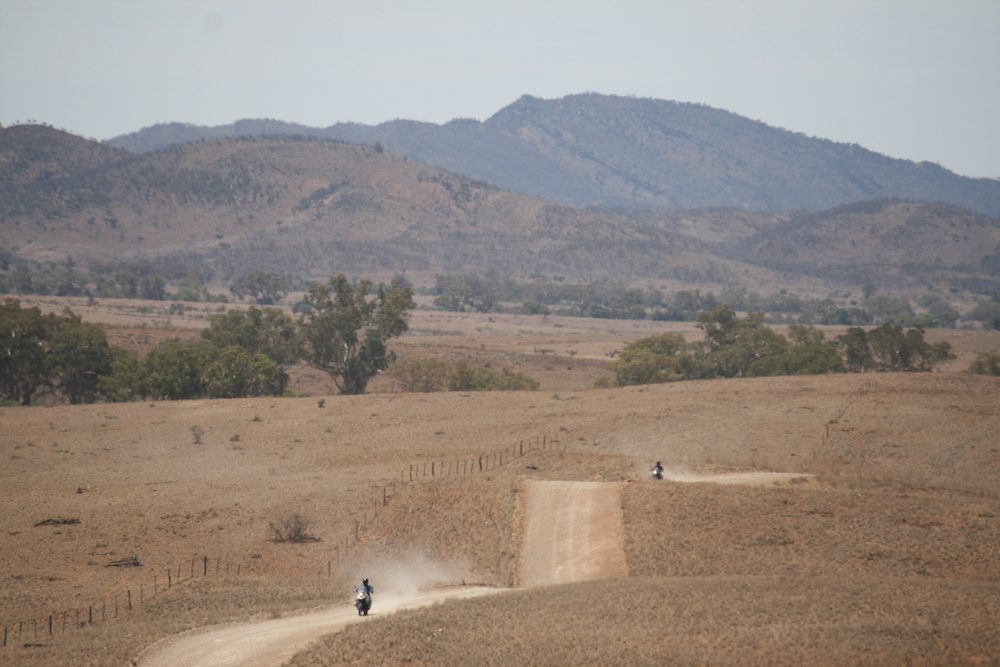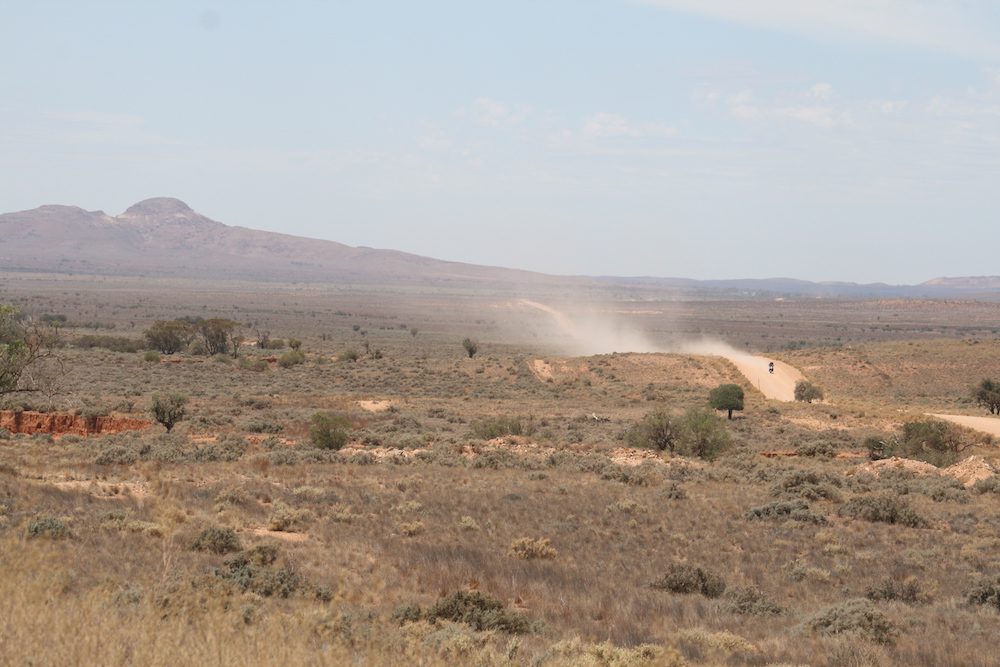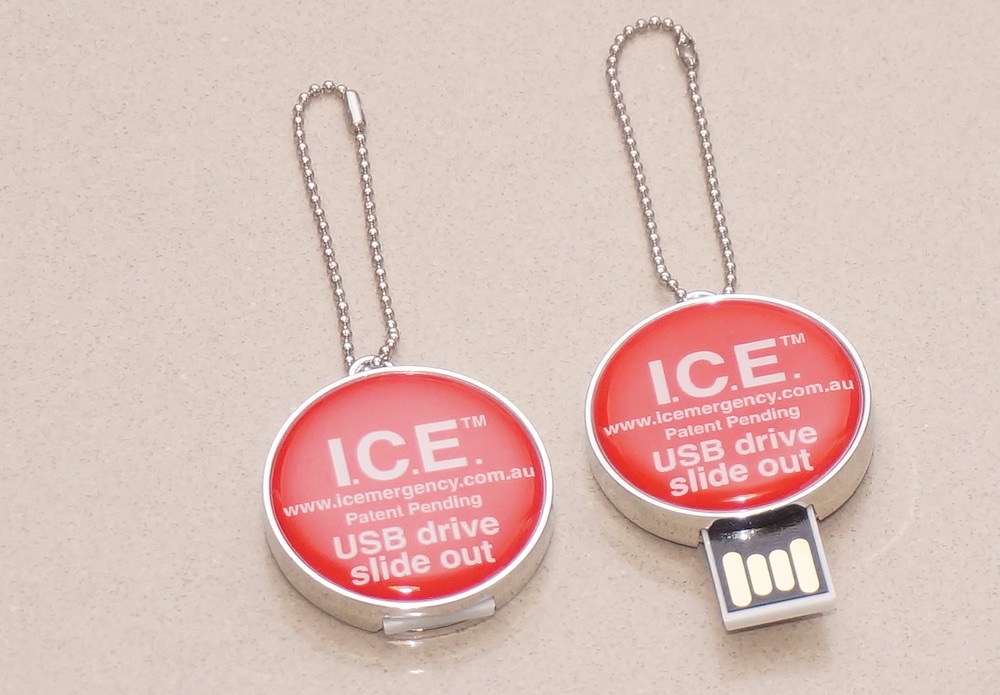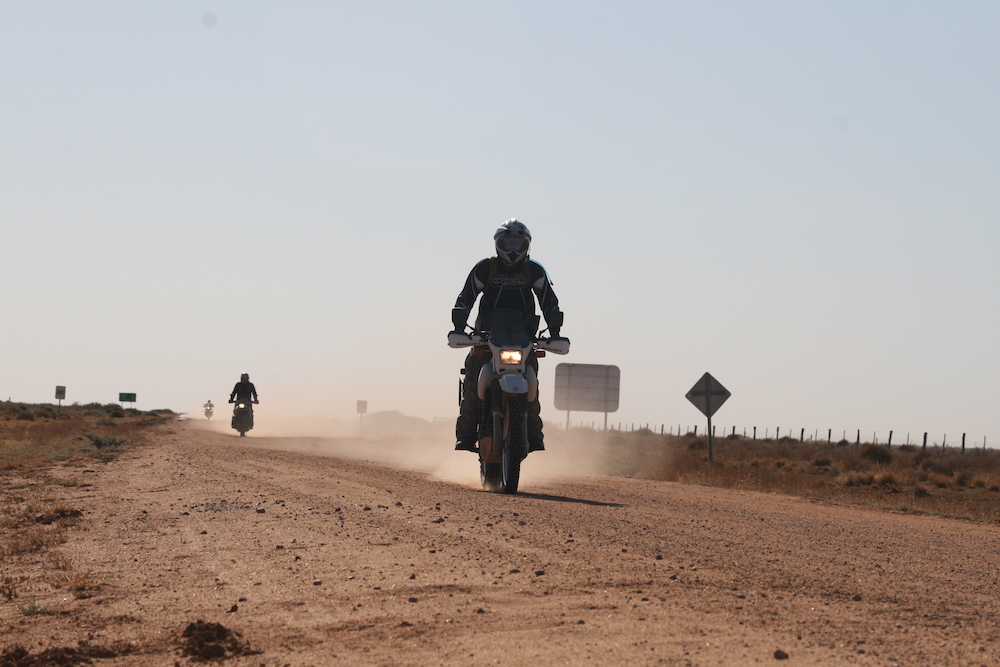Riders heading into the Outback should be aware of the dangers of hitting kangaroos, says the Royal Flying Doctor Service whose planes have even hit them.
“The roo problem is significant as they come to the edges of the road to graze in the current drought conditions,” a spokeswoman for the RFDS NSW/ACT says.
“Road accidents as a result are on the increase and we have communicated safety advice internally to our teams, and have suffered roo strikes on our landing aircraft.
“It is a major cause of concern right now and a lot of regional communities, such as Hay, are running safety and awareness programs.
“Dusk and dawn are problematic and we have advised our team when driving to brake in a straight line when faced with hitting one, not to swerve to avoid hitting them in which case the accident can become much more serious,” the RFDS spokeswoman says.
Click here to find out what other animals are a danger to riders.
Click here to find out how to avoid becoming roadkill.
The uniquely Australian service attends a “significant” number of rescues of riders involved in motorcycle crashes in remote parts of our Outback.
They say their emergency services are allocated based on a range of factors such as availability and location.
“Motorcyclists should call 000 in event of an accident and the call will be directed to the appropriate medical team,” a spokeswoman says.
“It is also possible to call the RFDS directly on (08) 8080 1188 in the event of illness or an accident if they are in a particularly remote location.
“It’s a good idea for riders to keep this number on them as a back-up. Anyone who rings us on our emergency line will be triaged by our doctor and the appropriate response initiated.”
Ambulance costs
In the wake of our article about the possibly massive expense of an ambulance callout, the good news for riders is that Royal Flying Doctor Service is free!
“There is no cost to the user for RFDS medical services or flights if that is what is used,” she says.
However, riders should still be aware that there is a cost if an ambulance is called.
“It’s not required to cover RFDS services but private health cover is recommended in case an ambulance attends, rather than the RFDS,” she says.
“There are costs associated with being picked up by an ambulance.”
Chopper squad
Helicopter services such as LifeFlight and Careflight are based on the coast and only have a flying range of an hour.
Likewise, location and distances have a lot to do with whether ambulance or RFDS attend an accident.
As a result, which service attends in accident has a lot to do with the geographical location the accident occurred.
Royal Flying Doctor Service top Outback tips
The RFDS website features a Travelling Outback section which has a handy checklist for riders:
- Get good quality maps (paper and GPS) and plan your route.
- Don’t travel in the hottest part of the year.
- Be aware of kangaroos and emus.
- Be careful not to pack too much. It makes the bike heavy and difficult to control in soft sand, mud and gravel.
- Store water in small containers instead of one large tank to spread the load. Check all water containers for leaks. In very hot conditions aim to carry 10 litres of water per person per day and don’t rely on waterholes, dams, bores, mills, tanks or troughs for water. A back-up vehicle is ideal for extreme Outback adventures.
- Take a summary of your medical history with you and bring all medication and repeat scripts.
We recommend a I.C.E.mergency USB to store medical information. BUY NOW for less than $20. - Pack a hat, sunscreen and insect repellent.
- In an emergency, dial 000 and be prepared to give your location. If you own a smartphone download the Emergency + app which gives your longitude and latitude. It will help emergency services such as the RFDS to find you. If you don’t have a smartphone, keep an eye on the crossroads as you travel and mark your journey on a map. Be aware that some very remote areas have no mobile coverage so pack an EPIRB or satellite phone.
The RFDS SE also recommends that people travelling to remote areas do a first-aid course and carry a kit with them.
Motorbike Writer recommends doing a motorcycle-specific course such as First Aid for Motorcyclists, First Bike on the Scene Australia, Motorcycle Accident Scene Management, Pulse Start or Rider Down.
The RFDS also has a Fast First Aid booklet with advice for people with no medical training on how to manage first-aid situations. It includes managing a heart attack, snake bites, choking, burns and severe bleeding.
It is free in NSW and ACT only. To receive your copy text ‘NOW’ to 0428 044 444. Delivery may be slightly delayed over the holiday period.


